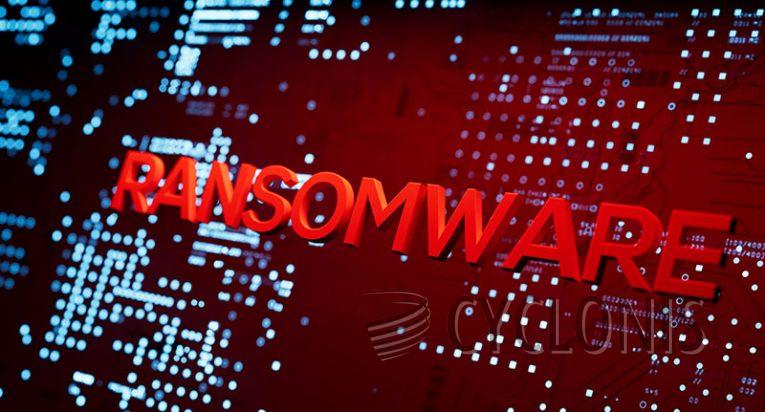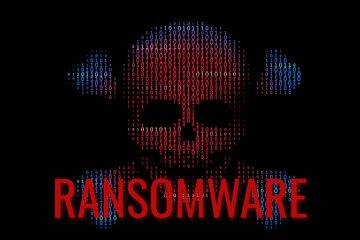8Base Ransomware Locks Victims' Files

8base Ransomware is classified as a type of ransomware that encrypts data. When a computer becomes infected with 8base Ransomware, all files on the compromised system, including .xtml, .doc, .png, .pdf, .asp, and more, are locked and inaccessible. Users are unable to open or modify these files.
After encrypting the files, 8base Ransomware leaves a trace with contact information for victims to seek assistance. Typically, a text file or image is placed at the bottom of each folder, serving as the only readable content. The instructions provided in these files prompt users to make a payment in order to obtain the decryption key for 8base Ransomware, claiming that it will restore all encrypted files.
However, it is crucial to be aware that relying on the ransomware's creators to resolve the situation may lead to being scammed. These criminals have deceived victims in the past, failing to help them restore their files and ceasing communication. If this occurs, victims not only lose their files but also their money.
Given these circumstances, we strongly advise against following the instructions of 8base Ransomware. The decryption key offered by the ransomware cannot guarantee successful file decryption.
How is Ransomware Like 8Base Distributed Online?
Ransomware like 8Base is distributed online through various methods that exploit vulnerabilities or manipulate user behavior. Here are some common distribution methods used by ransomware:
- Phishing Emails: One prevalent method is through phishing emails that contain malicious attachments or links. Cybercriminals craft convincing emails impersonating legitimate entities or organizations, enticing users to open attachments or click on links that initiate the ransomware download.
- Malicious Downloads: Ransomware can be disguised as legitimate files or software, often downloaded from untrustworthy websites or through peer-to-peer networks. Users unknowingly install the ransomware while attempting to acquire or run these malicious downloads.
- Exploit Kits: Ransomware can exploit vulnerabilities in software, operating systems, or web browsers. Exploit kits are toolkits used by cybercriminals to automate the process of identifying and exploiting security weaknesses in outdated or unpatched software, ultimately delivering ransomware to vulnerable systems.
- Malvertising: Malicious advertisements (malvertisements) displayed on compromised websites or ad networks can lead to ransomware infections. Clicking on these ads redirects users to websites hosting exploit kits or initiates the download of ransomware directly.
- Drive-by Downloads: Visiting compromised websites can result in drive-by downloads where ransomware is automatically downloaded and executed without any user interaction. Exploiting browser vulnerabilities or utilizing malicious scripts, cybercriminals silently deliver ransomware to vulnerable systems.
- Malicious Macros: Ransomware can be distributed through malicious macros embedded in document files (e.g., Word or Excel). When users enable macros as prompted, the ransomware is executed, infecting the system.
- Software Vulnerabilities: Ransomware can exploit software vulnerabilities, particularly in outdated or unpatched applications. Cybercriminals exploit these weaknesses to gain unauthorized access and deploy ransomware on vulnerable systems.
It is important to exercise caution when browsing the internet, opening email attachments, clicking on links, and downloading files from untrusted sources. Keeping software and operating systems up to date, using reputable antivirus/anti-malware software, and regularly backing up important data are essential practices to mitigate the risk of ransomware infections. Additionally, educating oneself and employees about phishing techniques and safe online practices can help prevent falling victim to ransomware attacks.








